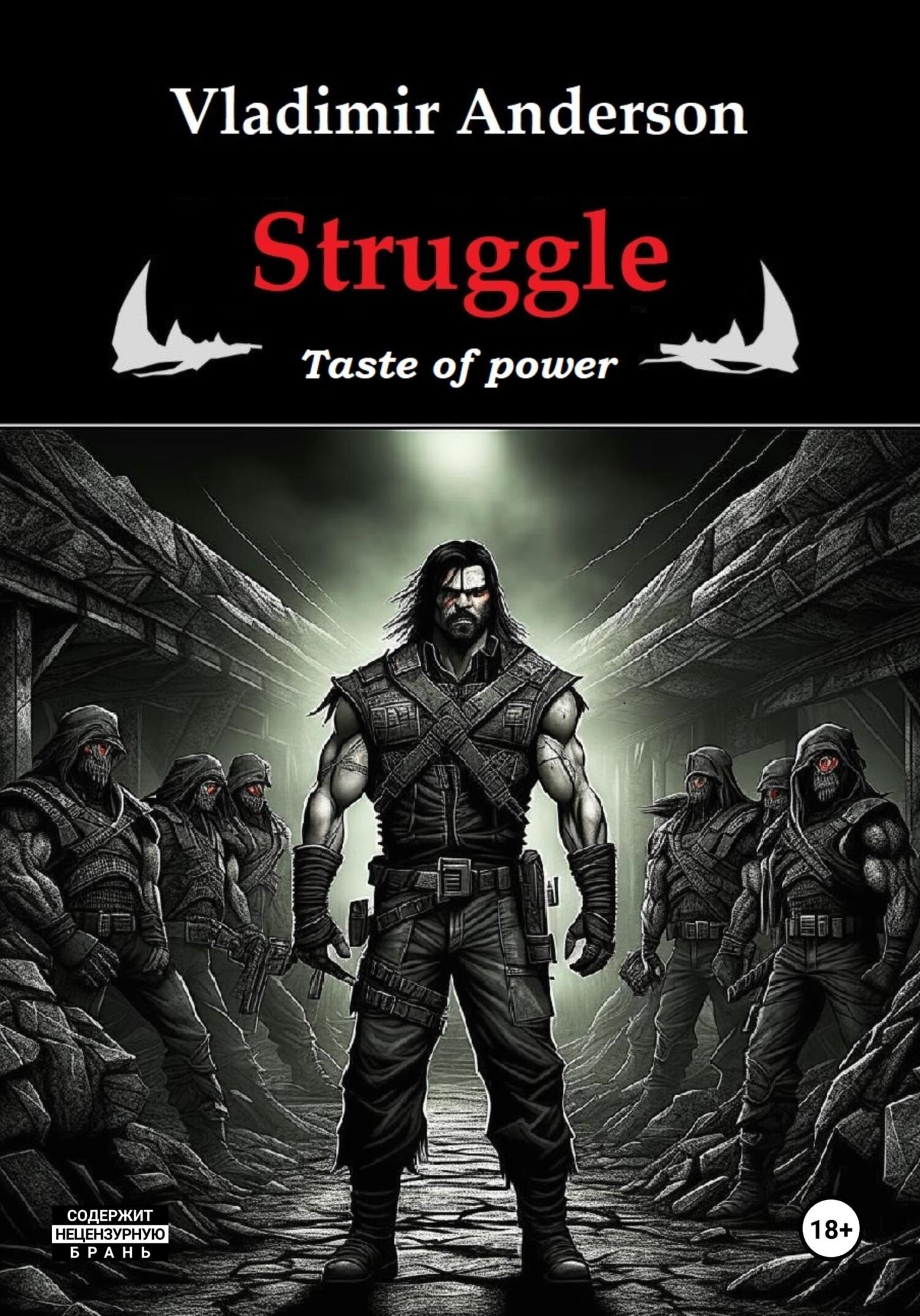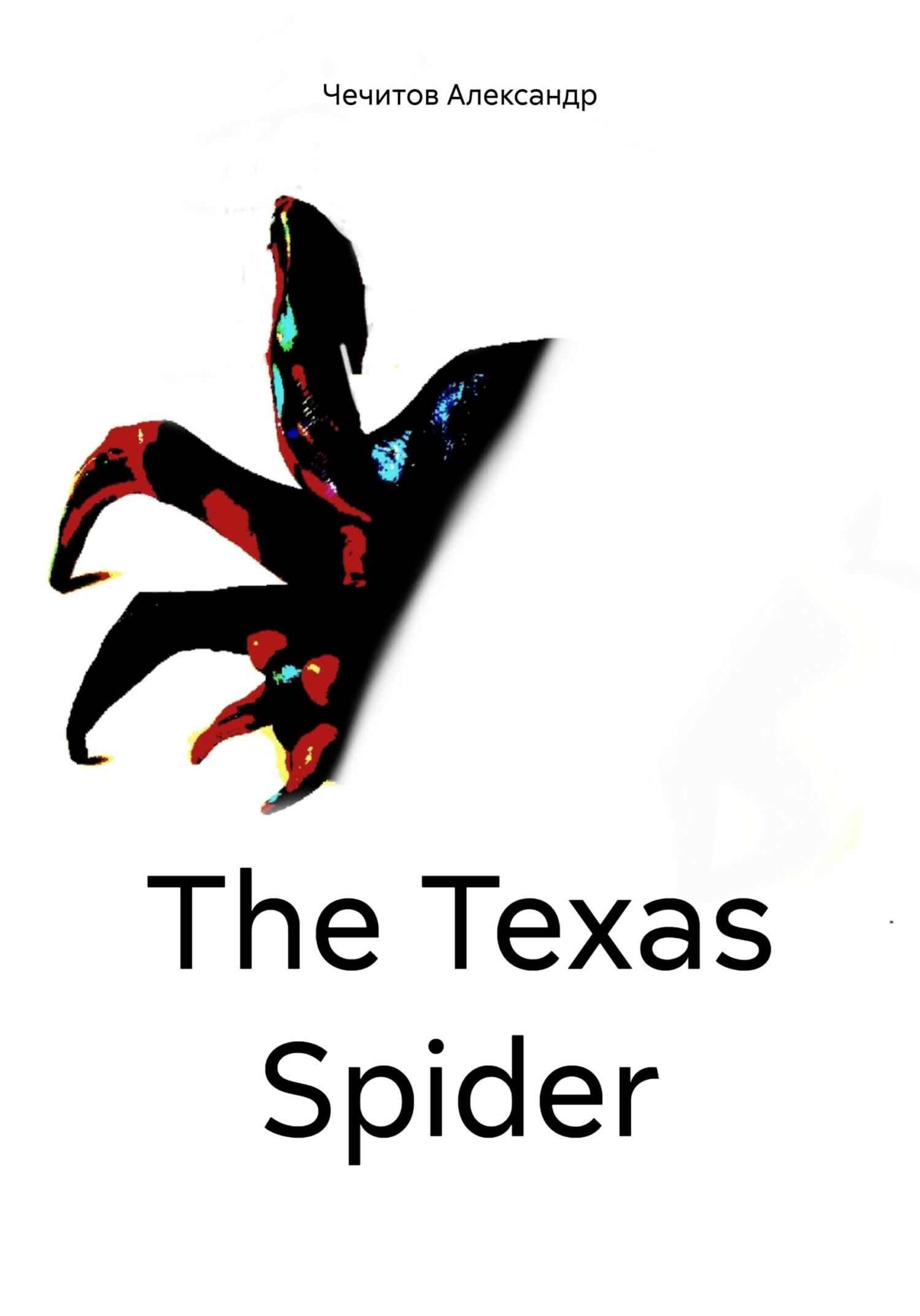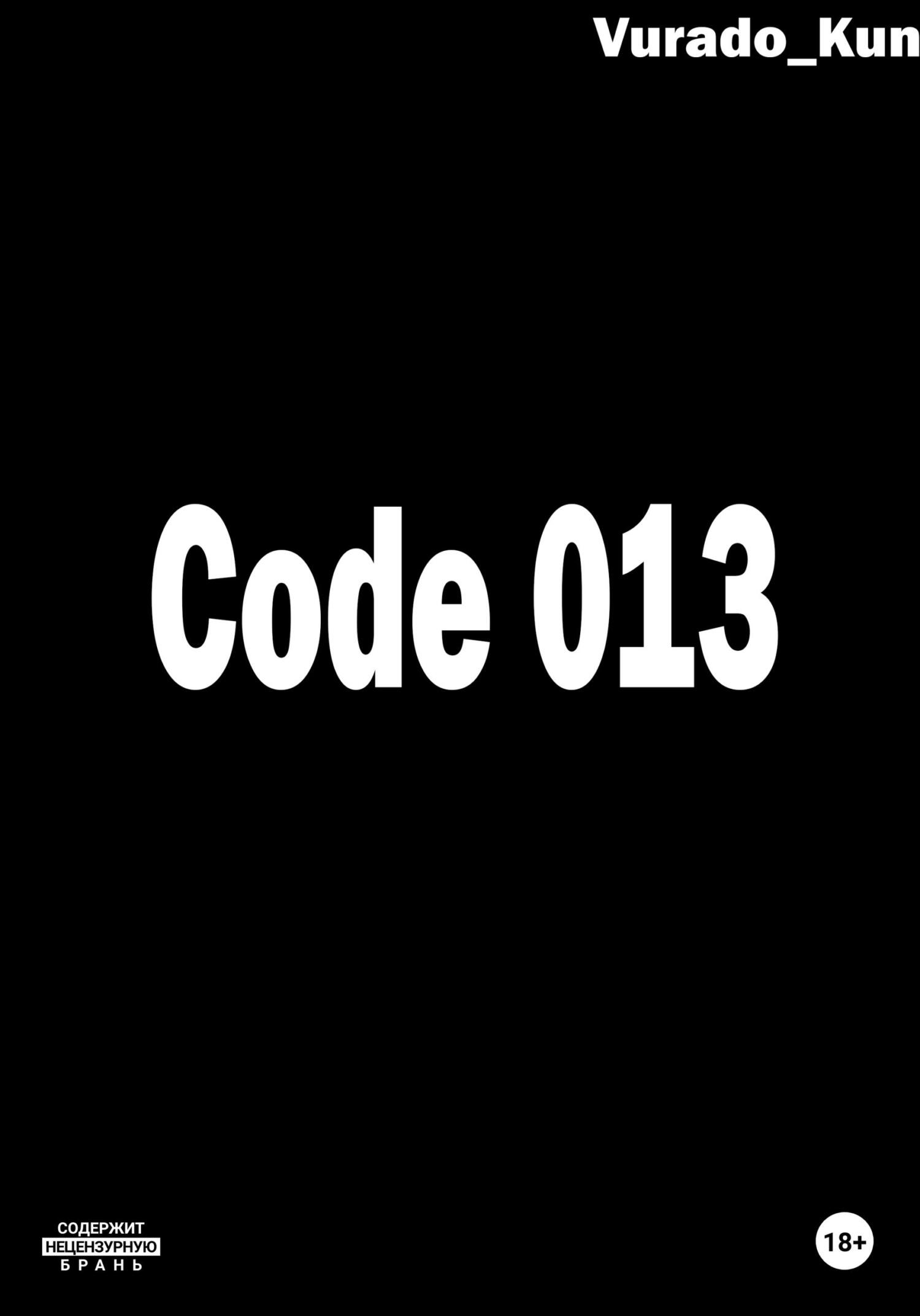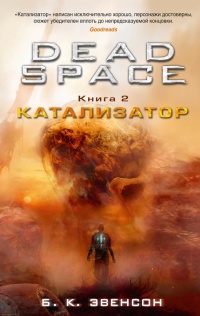Книга Struggle. Taste of power - Владимир Андерсон

- Жанр: Научная фантастика / Боевики
- Автор: Владимир Андерсон
Внимание! Книга может содержать контент только для совершеннолетних. Для несовершеннолетних просмотр данного контента СТРОГО ЗАПРЕЩЕН! Если в книге присутствует наличие пропаганды ЛГБТ и другого, запрещенного контента - просьба написать на почту pbn.book@yandex.ru для удаления материала
The third part of the "Struggle" saga. Under the control of the Mountain the entire group "Donetsk-Makeyevka", consisting of seven mines. And now he has his own armed formations at his command. But the situation is complicated by a sharp increase in the confrontation between the SCK and the Inquisition, two powerful organizations, each of which seeks to subdue the entire Empire. With each step, the plot gets steeper and steeper, revolving around mysteries and power struggles. Gore must make a difficult choice, and the fate of the Empire depends on it. This book offers incredible twists and turns of events, searing mysteries, and dramatic decisions. Join this epic adventure where power and betrayal are closely intertwined in the struggle for the future of the Empire.
Шрифт:
Интервал:
Закладка:
Внимание!
Сайт сохраняет куки вашего браузера. Вы сможете в любой момент сделать закладку и продолжить прочтение книги «Struggle. Taste of power - Владимир Андерсон», после закрытия браузера.
























